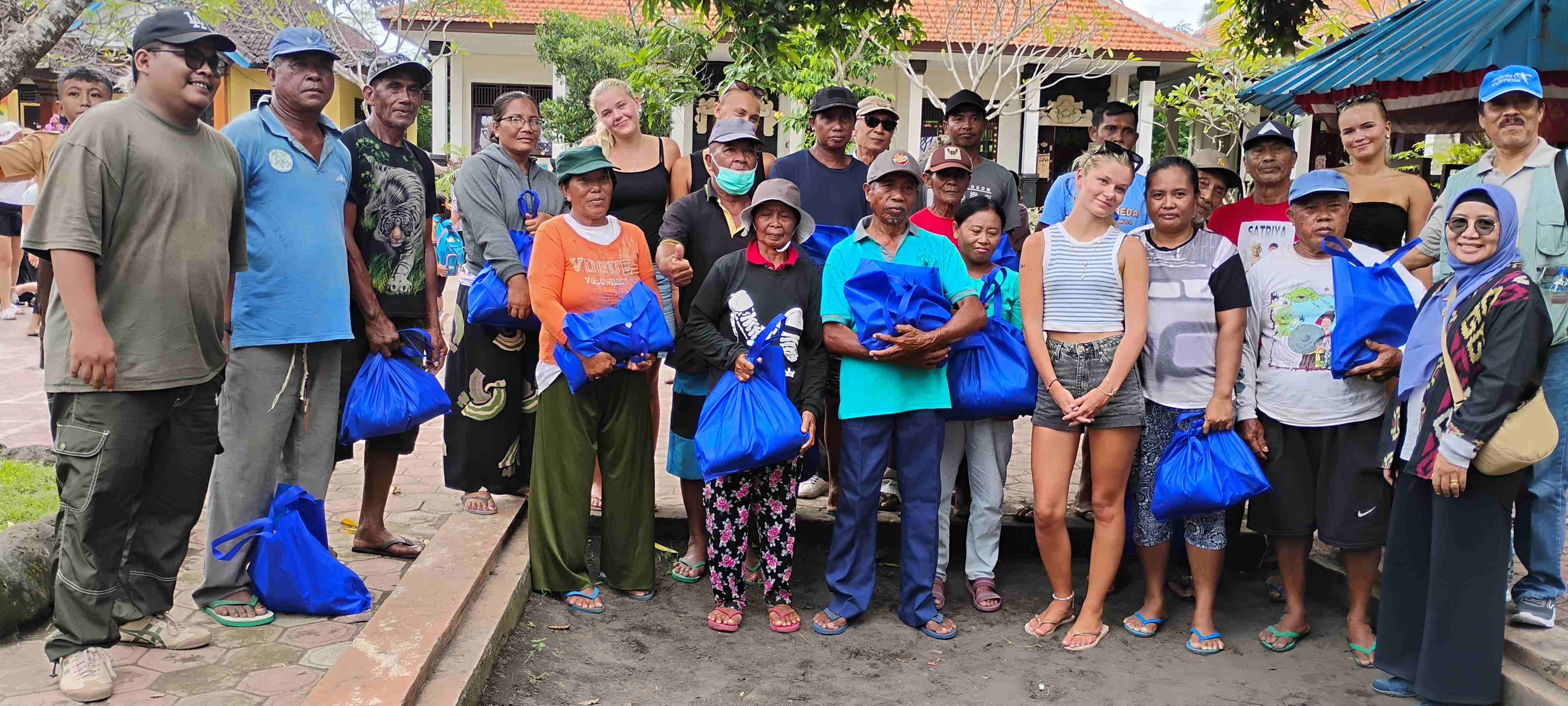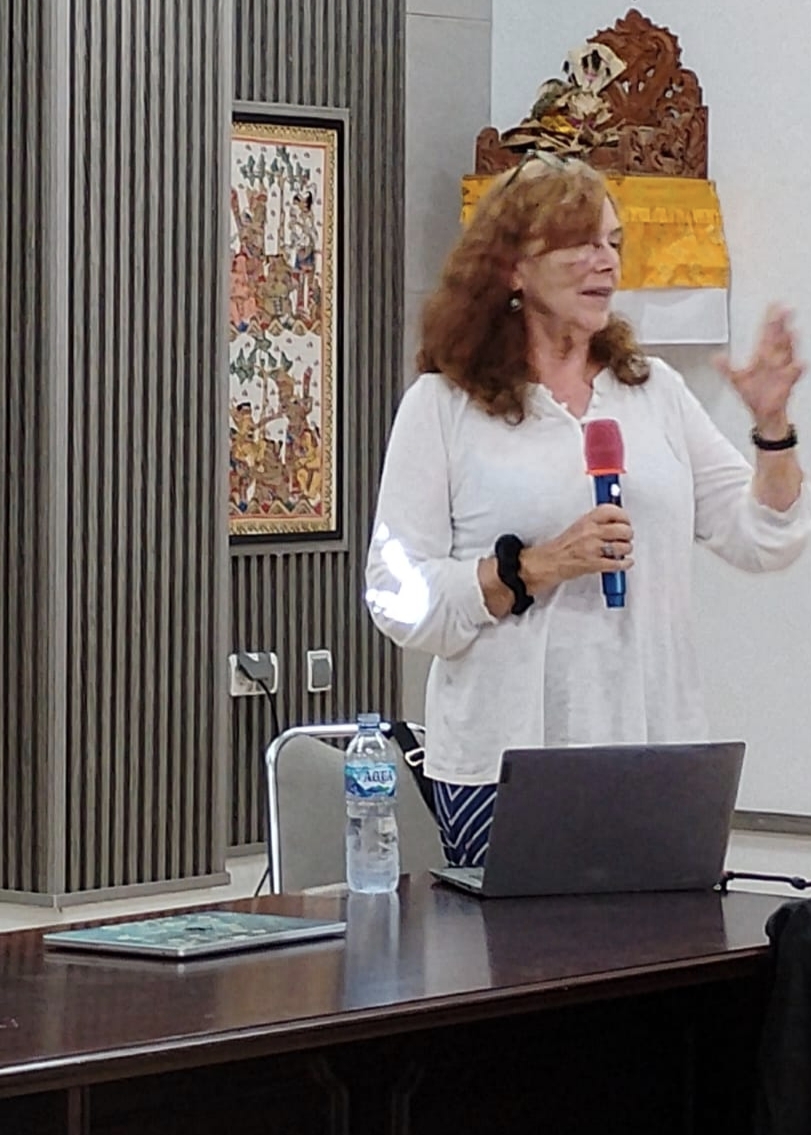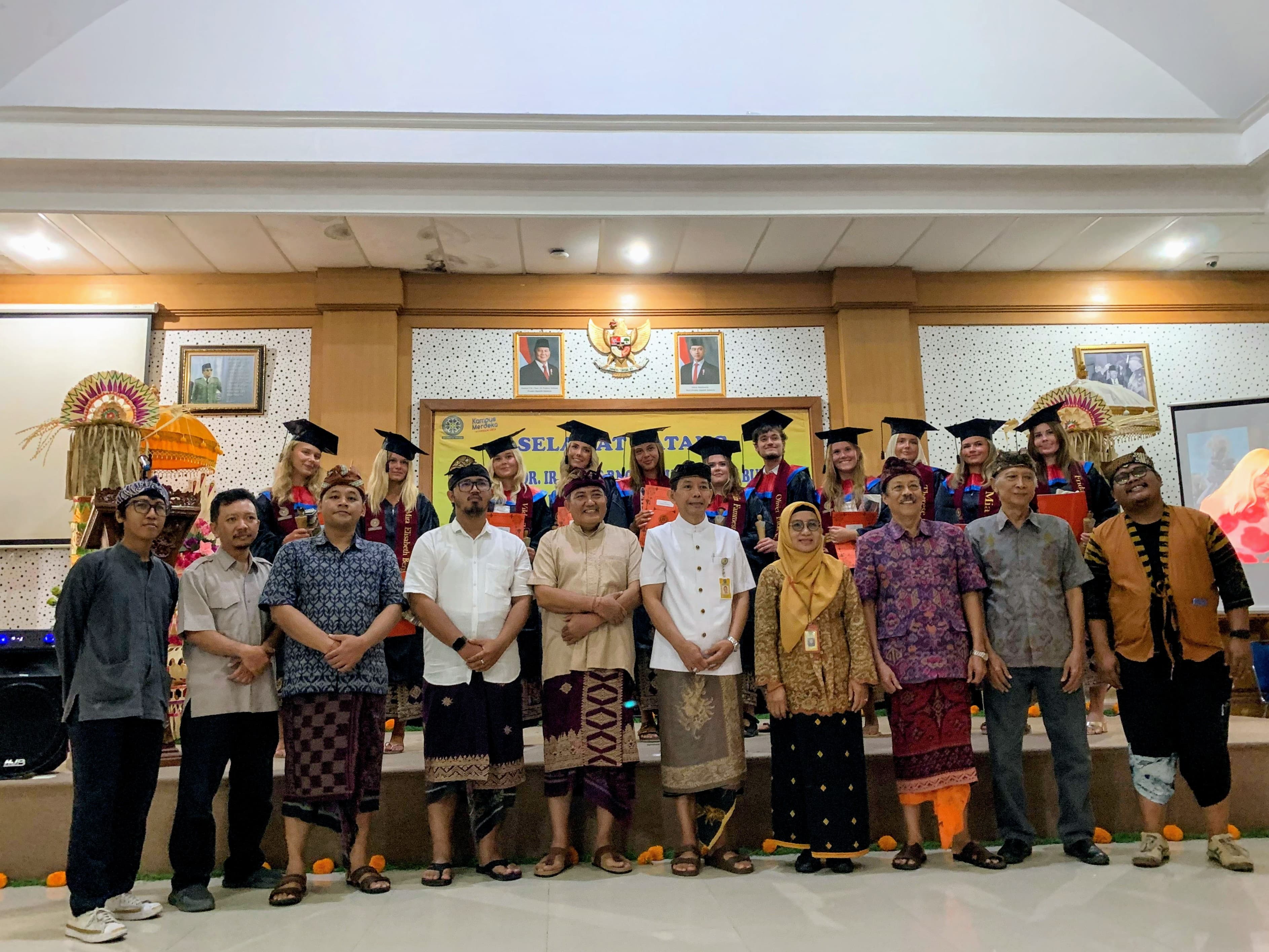The Udayana Anthropology Study Program has organized a community service event for the Kusamba salt farmers.
The
Anthropology Study Program of Udayana University executed Community Service
(PKM) activities on May 9, 2025, in Kusamba Village, Dawan District, Klungkung
Regency, Bali. The objective of this initiative is to provide assistance to the
traditional salt farmers of Kusamba, who have maintained their commitment to
the practice of organic salt production for centuries. This PKM is a tangible
manifestation of academics' concern for the preservation of local culture,
especially in maintaining traditional wisdom in the midst of modernization.
The
Kusamba location was selected due to its status as one of the areas in Bali
that continues to produce organic salt through the utilization of traditional
methods that have been passed down through generations. The salt farmers in
Kusamba confront a myriad of challenges, including competition with modern salt
products and inadequate infrastructure support. The Udayana Anthropology Study
Program's objective in conducting this activity is twofold: first, to provide
tangible assistance in the documentation of the traditional salt-making
process, and second, to underscore the imperative for safeguarding cultural
heritage practices that are inextricably linked to the environment.
The
assistance provided encompassed the provision of essential goods and the
dissemination of information, with the objective of enhancing the quality of
salt while preserving its traditional values. Anthropology lecturers and
students participated directly in this activity, conducting participatory
observations to better understand the challenges faced by the farmers.
"Our objective is to safeguard Kusamba's traditional salt-making
methodologies and ensure their sustainability as a viable means of income for
the community," stated one of the PKM team representatives.
This
initiative is an integral component of the Udayana Anthropology Study Program's
broader commitment to fostering collaboration with local cultural
practitioners. The exploration of local wisdom has been identified as a
potential catalyst for fostering appreciation and preservation of cultural
heritage among the younger generation, particularly in the context of
traditional practices such as salt making. In the future, the Anthropology
Study Program plans to establish further cooperation with local governments and
salt farming communities to develop more comprehensive preservation strategies
(drd).



FACULTY OF HUMANITIES